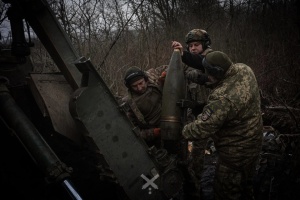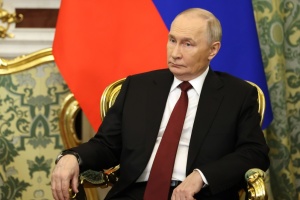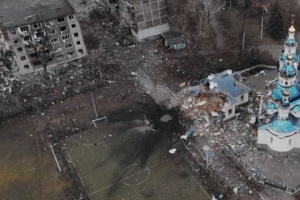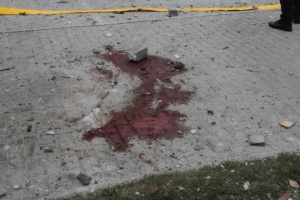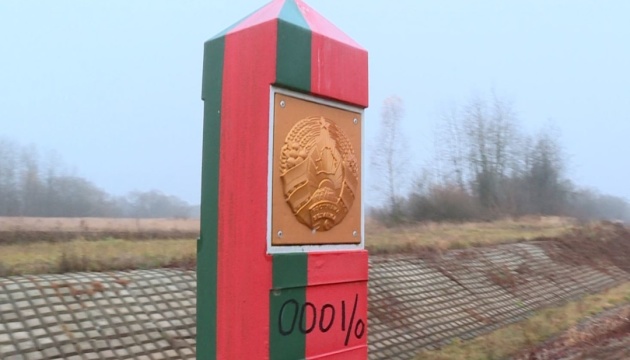
Explaining complex things in simple words: Suwalki Gap, russians' treatment of prisoners of war, support for the territorial integrity of Ukraine
SUWALKI GAP
State media of Belarus shared a video in which dictator Lukashenko discussed plans to seize the territories of Lithuania and Poland with the commander of the North-Western Operational Command of the Armed Forces of the Republic of Belarus Naumenko.
The Suwatki Gap is a narrow section of the territory of the common border of Poland and Lithuania, which connects Belarus and the Kaliningrad region of the Russian Federation.
This is the most likely target of a possible attack by Russia and Belarus in the event of their aggression against NATO
countries. Seizing the gap would provide a land route for the Russian Federation with Kaliningrad and would disrupt the land connection of the Baltic NATO members with other countries of the Alliance.
The distribution of the video is sanctioned by dictator Lukashenko and is an undisguised threat and blackmail of NATO countries with the possibility of aggression.
Using Lukashenko, Putin seeks to intimidate Western countries and force them to redirect efforts and resources aimed at helping Ukraine to protect the Suwatki Gap.
The bellicose rhetoric of dictators should not be underestimated. Russian aggression in the Baltic region is quite possible.
RUSSIANS' TREATMENT OF PRISONERS OF WAR
The UN Human Rights Monitoring Mission in Ukraine published the 38th report on the human rights situation in Ukraine for the period from December 1, 2023, to February 29, 2024.
The UN mission recorded cases of execution by Russians of at least 32 Ukrainian prisoners of war during the last winter. This is significantly more than in any of the previous periods.
According to the results of surveys of those released from Russian captivity, the UN Mission found that Ukrainians were subjected to violence, including sexual violence.
The cases of beating, electric torture, death threats, starvation, and inadequate conditions of detention, refusal to provide medical care are very common.
Russia deliberately and systematically neglects the norms of International Humanitarian Law regarding the treatment of prisoners of war.
Despite this, Russian propaganda insidiously calls on the Ukrainian military to voluntarily surrender, describing the deceptive advantages of such an act.
SUPPORT FOR THE TERRITORIAL INTEGRITY OF UKRAINE
10 years ago, on March 27, 2014, the UN General Assembly adopted a resolution on the territorial integrity of Ukraine.
This was the first UN General Assembly resolution adopted during the Russian aggression against Ukraine, which was supported by 100 countries.
The resolution reaffirmed the recognition of Ukraine's political independence, sovereignty, and territorial integrity, condemned the pseudo-referendum in Crimea, and called for the abandonment of any attempts to change Ukraine's borders through the threat of force or other illegal methods.
Since then, most countries of the world represented in the UN General Assembly have regularly expressed their support for Ukraine in its just struggle against Russian aggression.
Russia systematically violates international law and ignores the consolidated call of the world community to return to the legal field.
In addition to moral support, Ukraine receives significant material assistance from many countries. The world helps Ukraine not only through friendly attitude or generosity, but also for the sake of restoring the global order violated by Moscow and a fair international order.
Center for Strategic Communication and Information Security.

